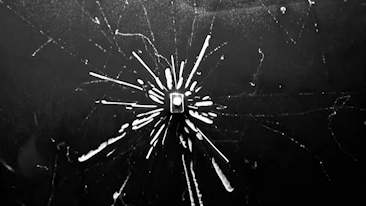The neutron temperature example is crucial: you just can't give the cross section of a target alone, the energy of the incoming beam also matters.
Radium 226 source in a cloud chamber
. Source. Most important application: produce X-rays for X-ray crystallography.
Note however that the big experiments at CERN, like the Large Hadron Collider, are also synchrotrons.
List of facilities: en.wikipedia.org/wiki/List_of_synchrotron_radiation_facilities
Predecessor to the synchrotron.
Articles by others on the same topic
Experimental particle physics is a branch of physics that investigates the fundamental constituents of matter and the forces that govern their interactions by conducting experiments. Unlike theoretical particle physics, which focuses on developing models and predictions based on mathematical frameworks, experimental particle physics involves the design, construction, and operation of experiments to test those theories and to discover new particles or phenomena.

